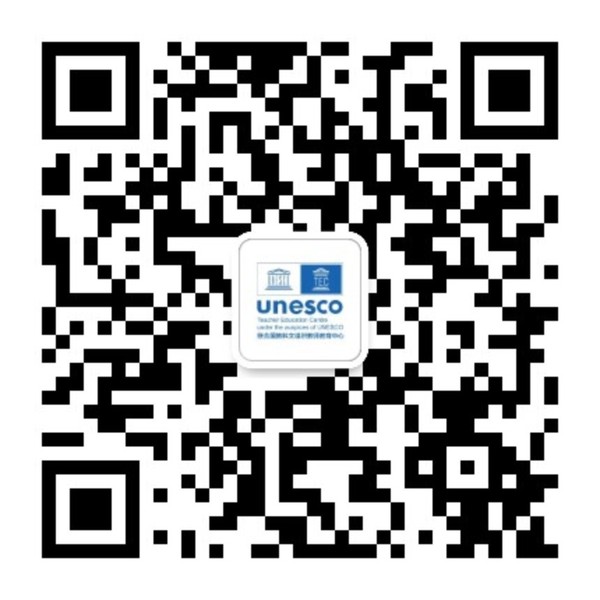On the morning of May 12, the 2025 Senior Training Program for Educational Administrators from Belt and Road Initiative (BRI) Partner Countries, funded by the Shanghai Municipal Education Commission and co-hosted by the UNESCO Teacher Education Centre (hereafter referred to as the Centre) and the Office of International Exchange at Shanghai Normal University (SHNU), officially kicked off. This year’s exchange theme, STEM Teachers in the AI Era, aims to promote cross-border cooperation by facilitating the exchange of innovative ideas, practical experiences, and feasible strategies in STEM education. Approximately 36 government officials, experts, and scholars from around the world are participating in the program.
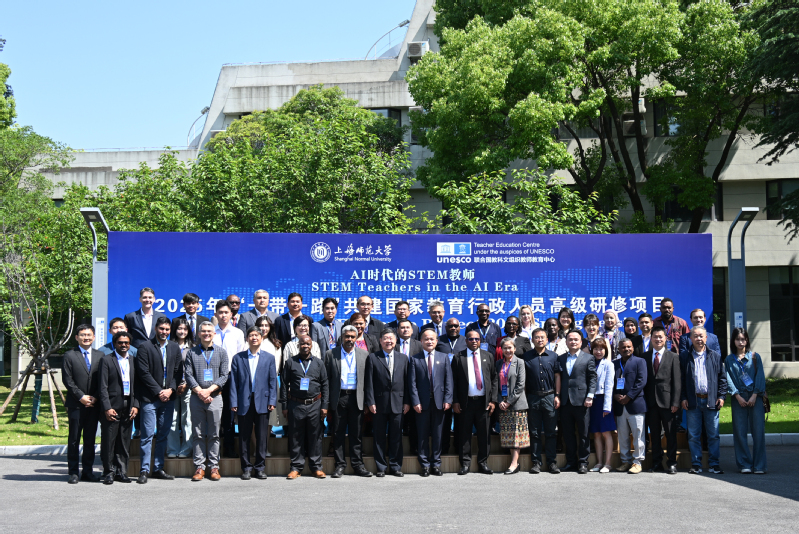
The opening ceremony was presided over by Dr. Li Ruimiao, Program Director for BRI Projects at the UNESCO Teacher Education Centre. Delivering opening speeches were Jiang Mingjun, Vice President of SHNU; Zhang Minxuan, Director of the UNESCO Teacher Education Centre; Chen Hao, Deputy Director of the International Exchange Division of the Shanghai Municipal Education Commission; and Khamis Abdulla Said, Permanent Secretary of the Ministry of Vocational and Technical Education in Zanzibar, Tanzania. Huang Haitao, Dean of the College of Education at SHNU, and Hu Guoyong, Deputy Director of the Centre, also attended the ceremony.
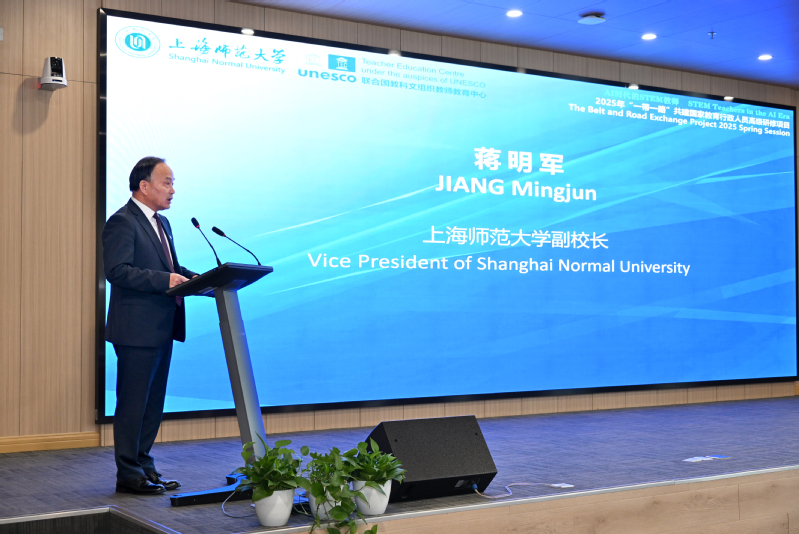
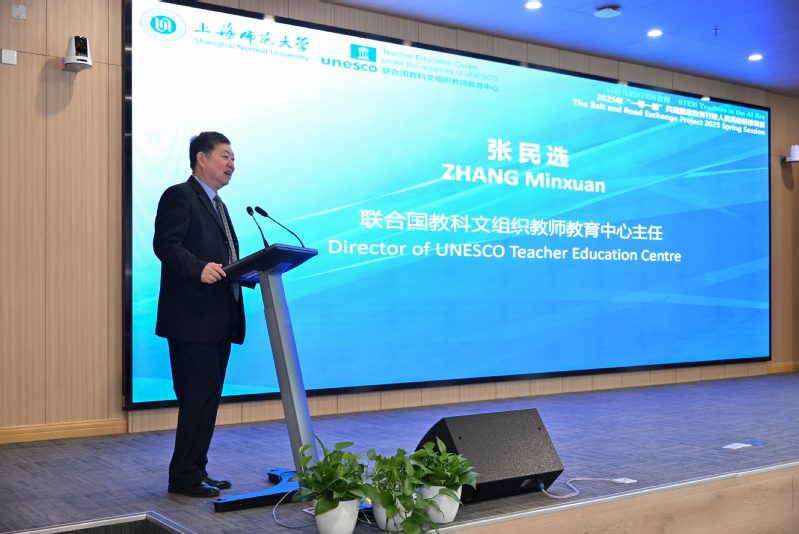
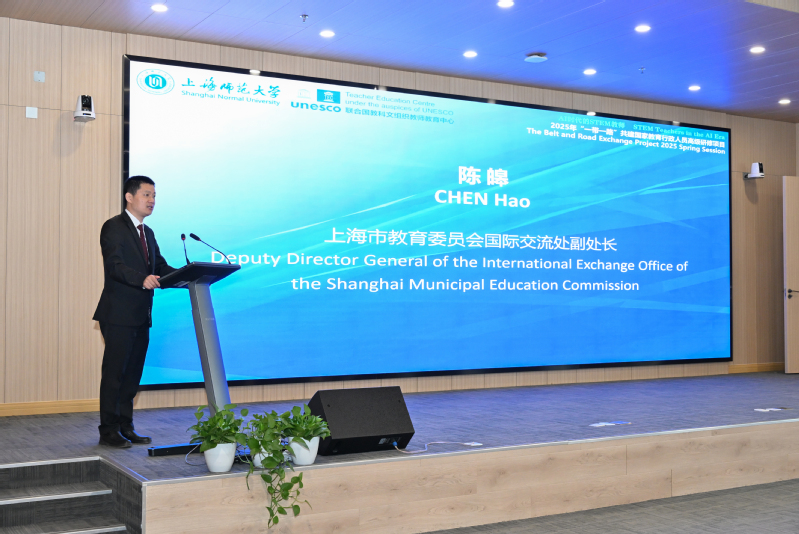
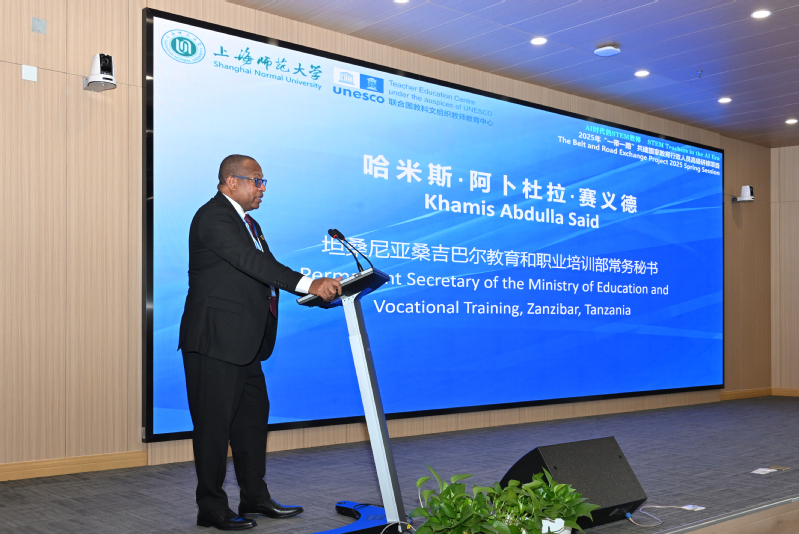
Focusing on the theme Education: A Journey of Heart-to-Heart Connection, Professor Jiang Xuefeng from East China Normal University delivered a keynote speech. He shared several principles of science education and, drawing on specific cases and his own experience, demonstrated to the participants the importance, accuracy, and practicality of science education, as well as the concept of transmitting the scientific spirit. Professor Jiang proposed that science education should start with everyday matters, the audience's expectations, and emotional resonance, aiming to empathize with students, think from their perspective, and share their feelings and contexts.
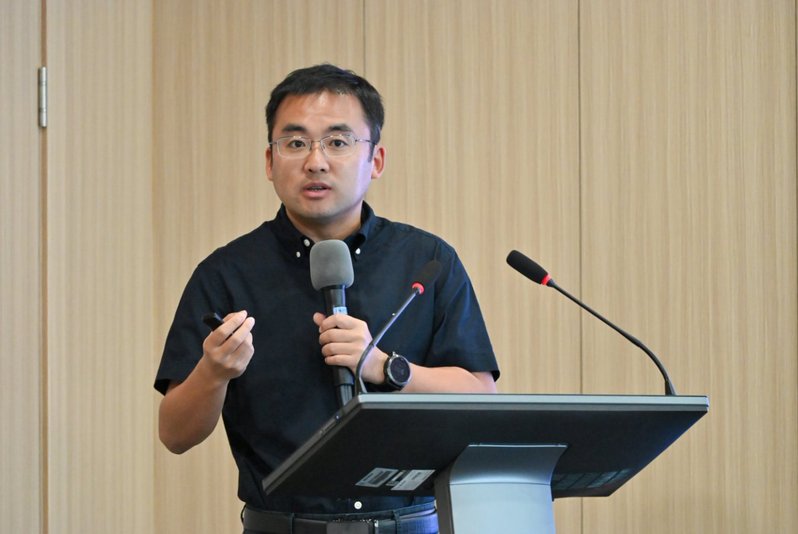
In his keynote speech titled Science Education in the Age of Artificial Intelligence, Ni Minjing, Director of the Shanghai Science and Technology Museum, emphasized that science education should be accessible to every child. He advocated using hands-on experimental science classes to foster diverse thinking and cultivate positive qualities in students such as independence, focus, and perseverance. In his address, Director Ni delved into the essence of science and technology, shared insights on consensus and controversies in AI education, and summarized practical approaches to learning for innovation. He encouraged leveraging diverse and rich science education resources to promote educational diversity and practicality, while also highlighting the importance of cultivating basic skills in the AI era.
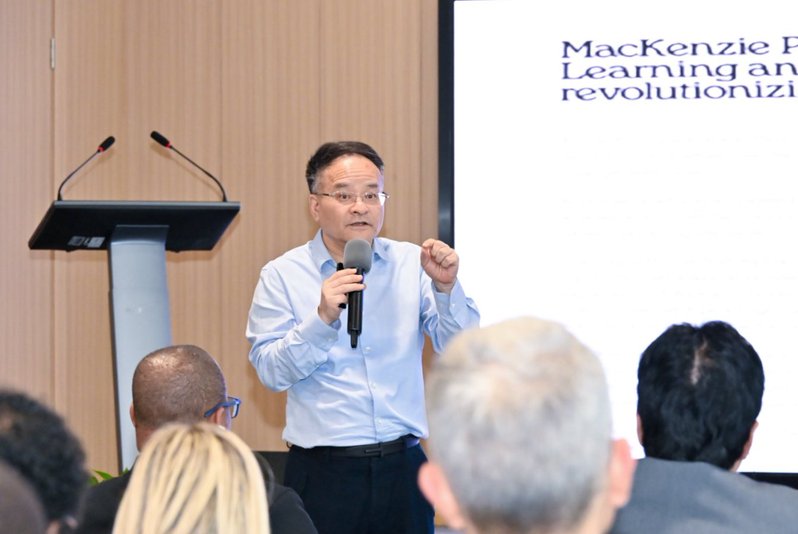
Following the opening ceremony, international participants and guests engaged in lively Q&A exchanges on topics including Identifying Disinformation and Social Bias in the AI Era, Integration of STEM Education with Art, and Problems and Challenges Brought by AI to Education.
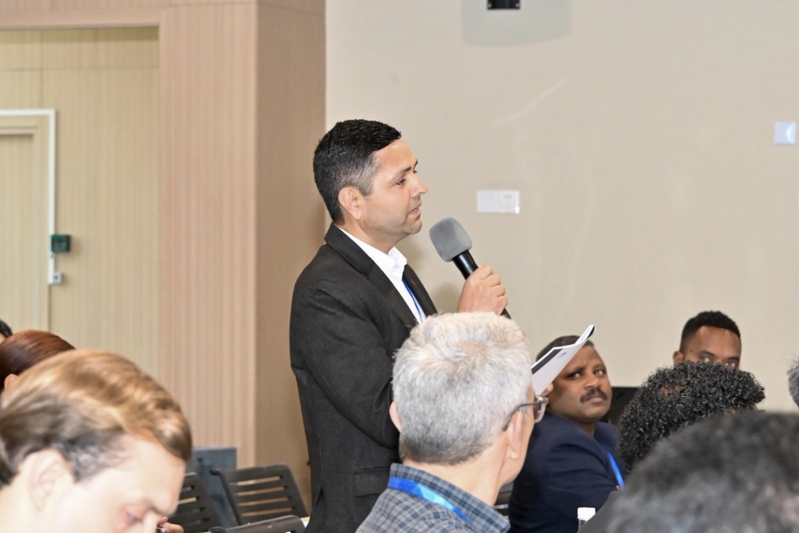
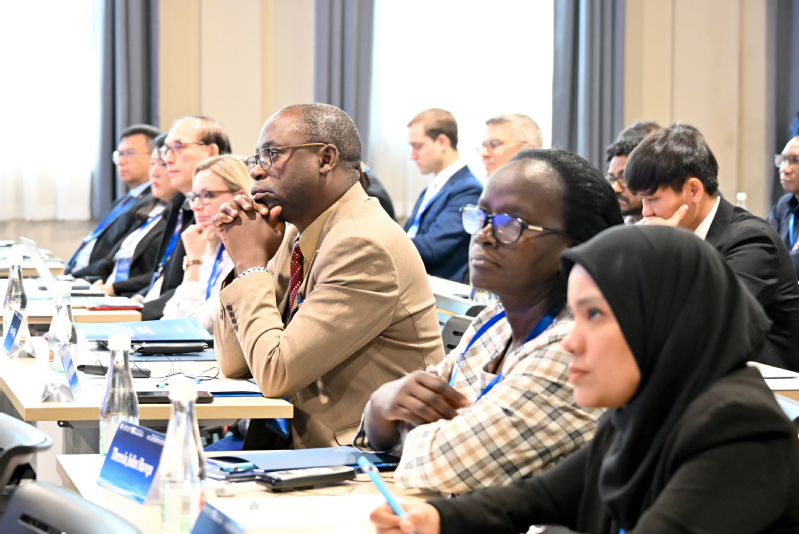
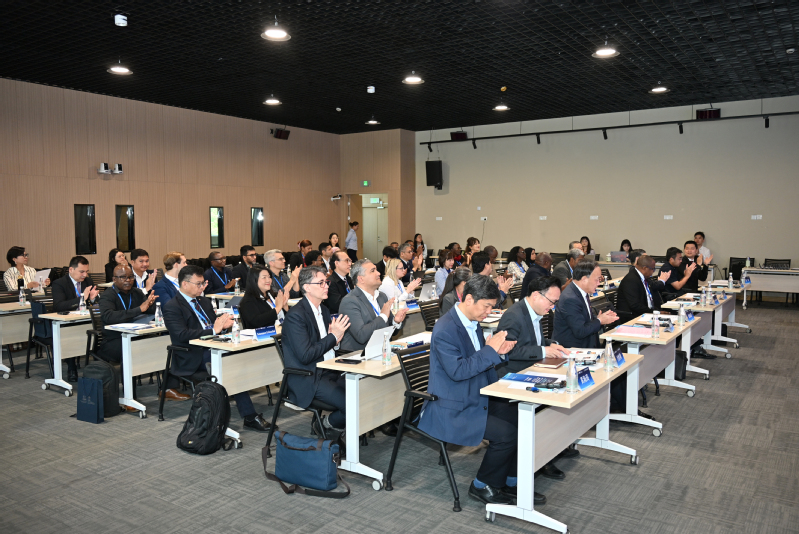
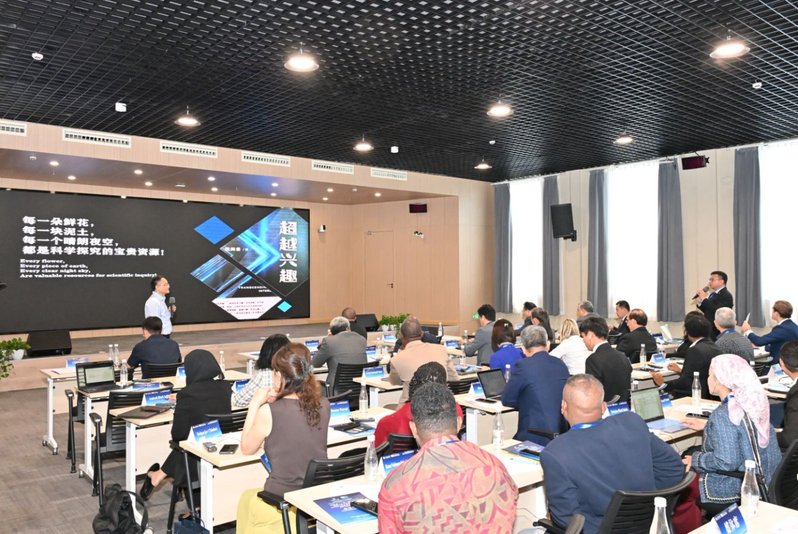
It is reported that the program will run until May 19. Through a variety of activities—including seminars, workshops, field visits to schools and enterprises, and multicultural experiences—it aims to build a cross-border collaborative platform for STEM teacher education. This will facilitate in-depth ideological exchanges and experience sharing among teachers and educators from different countries, strengthen pragmatic cooperation in education among BRI partner countries, and promote the professional development and growth support of STEM education teachers.




